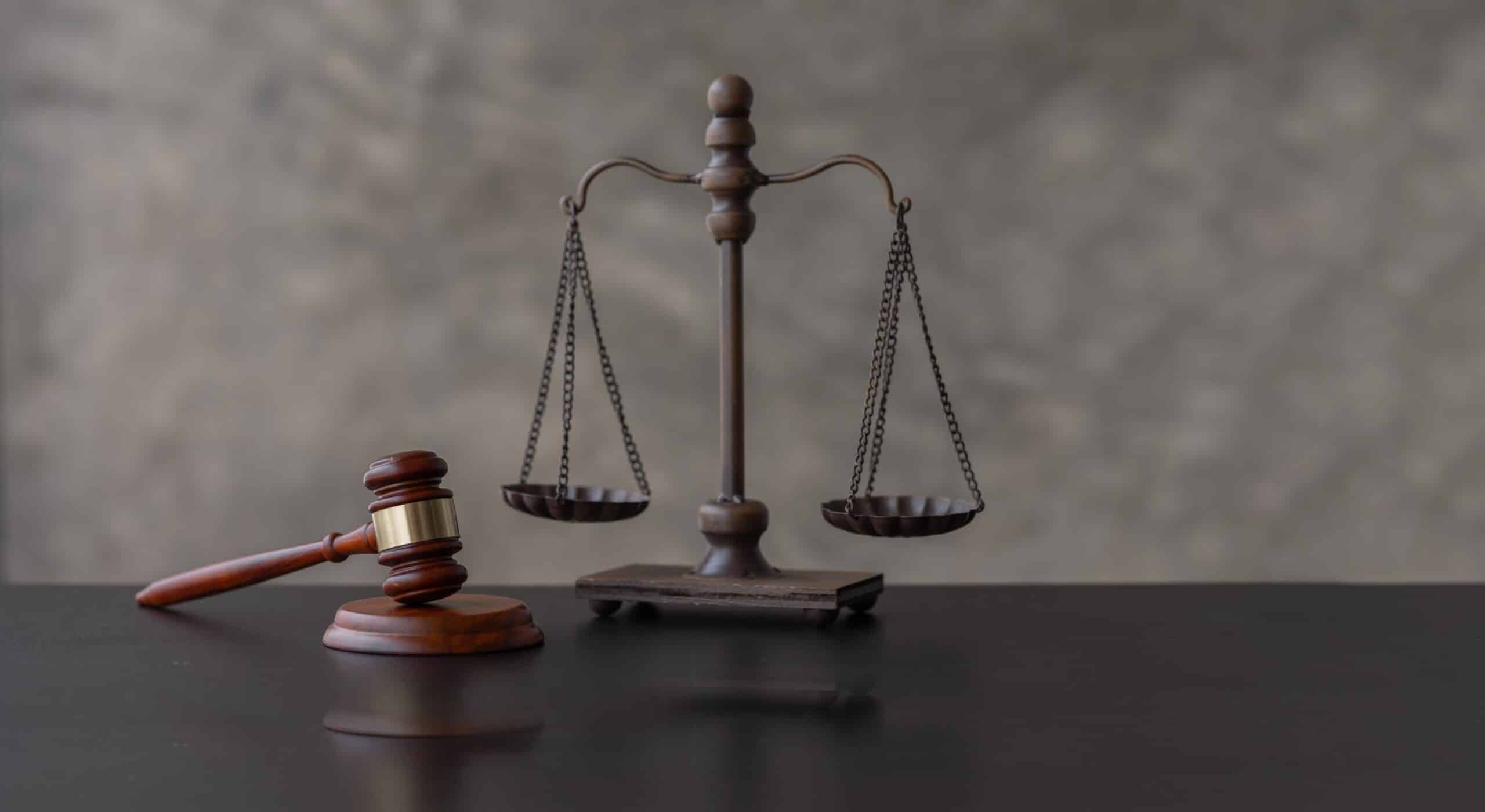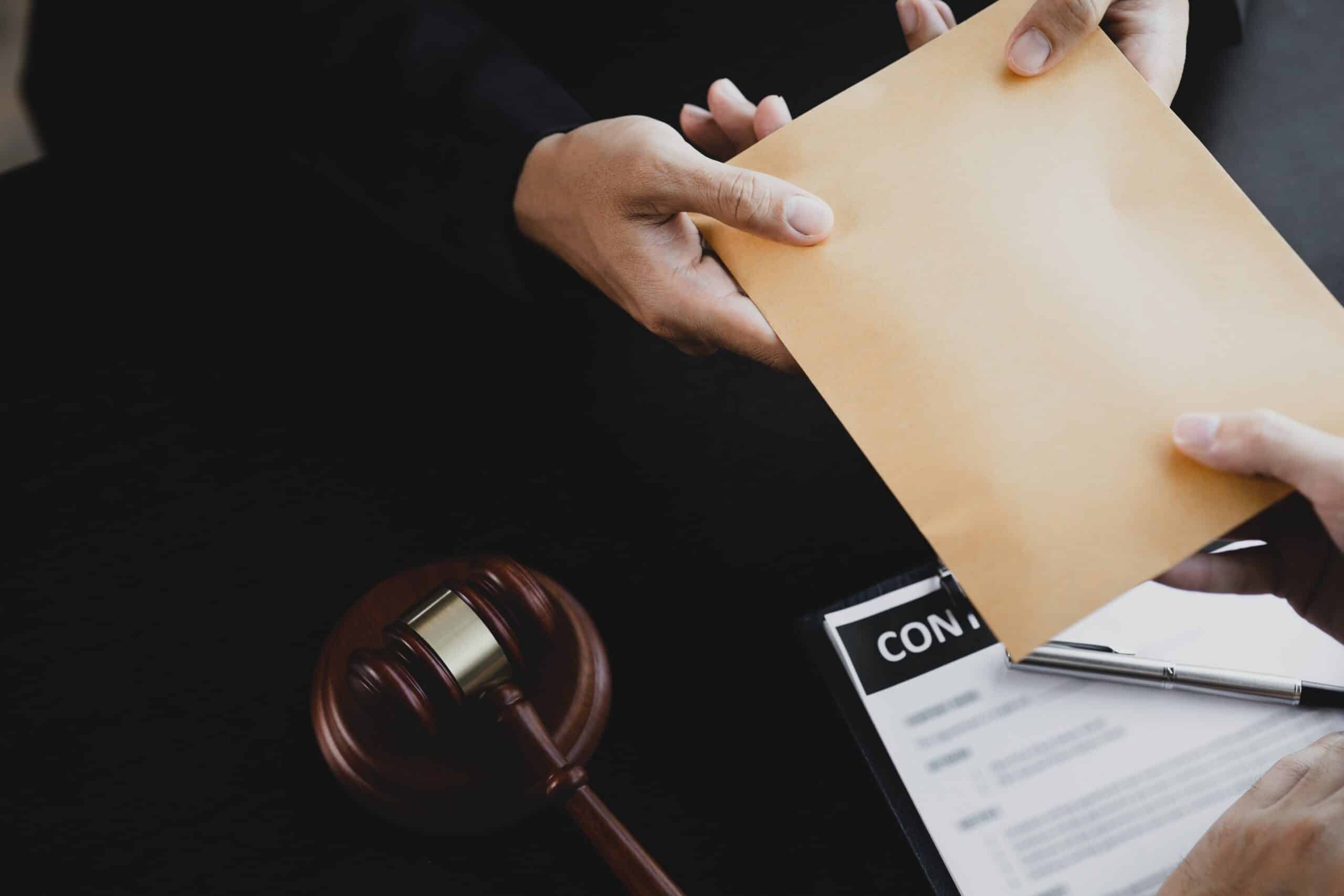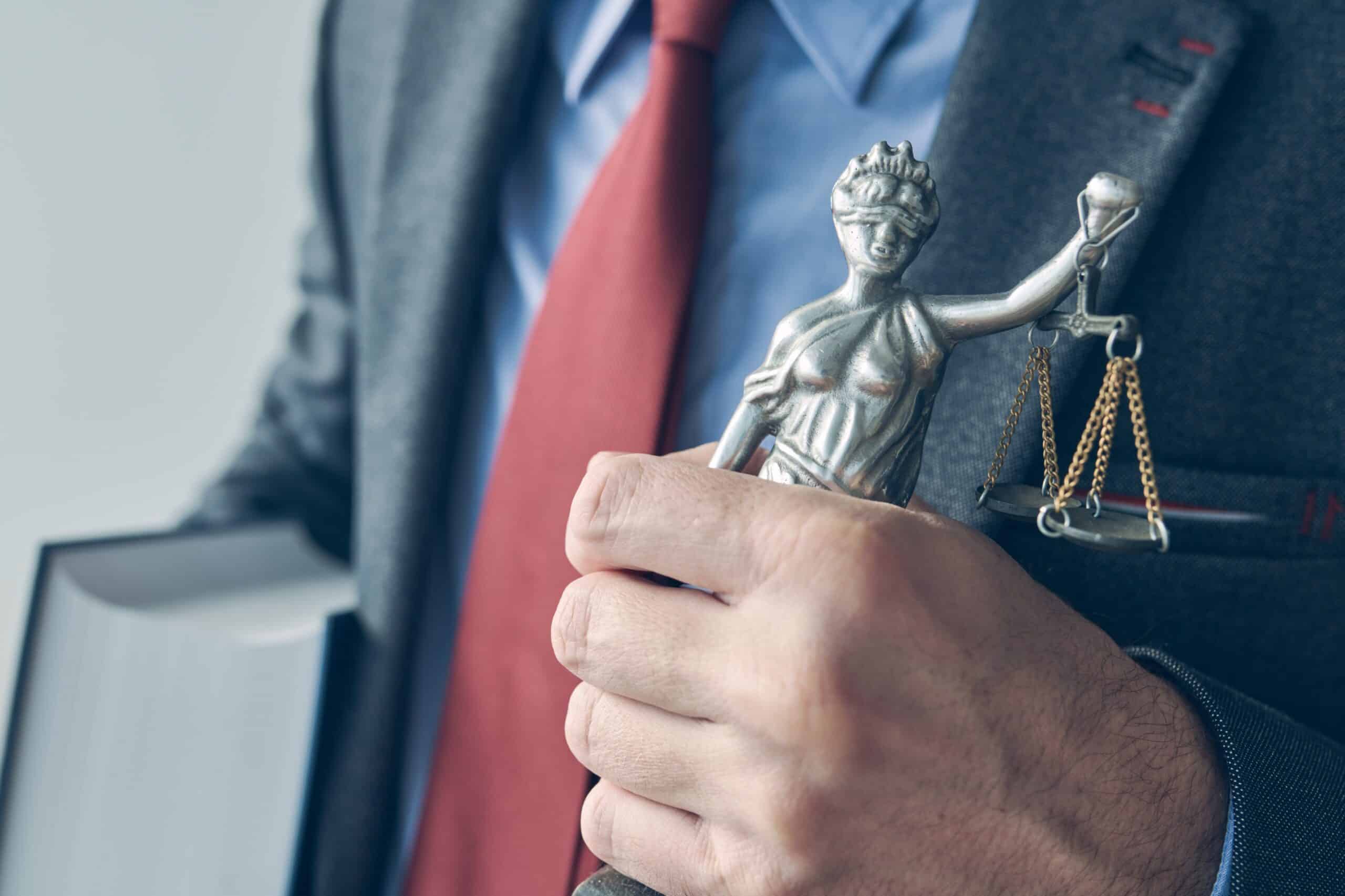Violent crime significantly impacts communities throughout Canada, a country characterized by its diversity and vastness. This article delves into the statistics of violent crime across Canada’s provinces, highlighting variations in incidents from Ontario’s bustling cities to the Maritime Provinces’ quieter areas. We aim to provide a comprehensive understanding of violent crime prevalence and nature in each region.
Several reasons underscore the importance of understanding violent crime statistics. They assist in allocating resources to law enforcement and community support programs, guiding policy decisions, and developing targeted crime prevention strategies. These statistics also inform the public and stakeholders about local safety and security challenges, enhancing knowledge of the social environment. Furthermore, analyzing these statistics over time helps identify trends and patterns, aiding in forecasting future criminal activity and preparing appropriate responses.
This article offers a detailed overview of Canada’s violent crime, province by province. Starting with a national perspective, we will then analyze each province in depth, comparing and contrasting their unique situations. We will also examine factors influencing crime rates and review initiatives to address violent crime nationwide. Our goal is to present a clear, informative picture of violent crime in Canada, providing valuable insights for policymakers, law enforcement agencies, and the general public.
What is considered violent crime in Canada?
In Canada, the Criminal Code defines a range of offenses as violent crimes, varying in severity and nature:
Homicide and Attempted Murder: Intentional killing or the attempt to kill. Homicide includes first-degree murder (premeditated) and second-degree murder, like manslaughter (not pre planned or intentional). Infanticide involves a mother causing her newborn’s death, intentionally or through neglect.
Physical and Sexual Assault: Ranging from threats to actual physical harm. Sexual assault, involving non-consensual forced sexual acts, is categorized into three levels based on severity: level 1 (least injury), level 2 (weapon use or bodily harm), and level 3 (severe injury or life endangerment).
Robbery: Forcibly stealing using violence or the threat thereof, often involving a weapon.
The legal implications in Canada for these crimes vary based on their severity and circumstances. The Uniform Crime Reporting Survey by Statistics Canada provides detailed statistical analysis and has evolved in defining these categories, reflecting changes in understanding these offenses.
Understanding these definitions is crucial for legal proceedings, law enforcement strategies, and crime prevention and community safety public policy in Canada.
Increasing crime rates
In 2022, we saw a significant uptick in violent crime across Canada, marking a continuation of an upward trend from recent years. It’s like the Crime Severity Index (CSI), our barometer for measuring the severity and volume of police-reported crime, has gone up by 4% this year. This increase isn’t just a statistic; it reflects real changes in our communities.
The rise in specific offenses is particularly striking. Robbery rates jumped by 15%, and even more alarmingly, extortion spiked by a staggering 39%. Homicide, one of the most serious crimes, increased by 8%, and level 1 sexual assault rose by 3%. These numbers tell us that the safety landscape in Canada is changing, and it’s something we all feel in our neighborhoods.
Property crimes haven’t been left behind in this upward trend either. We’ve seen a 24% increase in motor vehicle theft and a 31% jump in shoplifting. The overall crime rate in Canada increased by about 5% from 2021 to 2022. It’s especially concerning that the homicide rate has hit its highest point since 1992.
These trends aren’t just numbers on a page; they’re a call to action for all of us. They highlight the escalating challenges we face in addressing both violent and property crimes in our communities.
Breakdown of violent crime statistics in various provinces
In Alberta, there has been a notable change in the pattern of violent crimes. In fact, some Calgary assault lawyers say they have never been busier. For instance, in Edmonton, the severity of violent crime increased by 12% in the early part of 2023. This indicates a significant rise in either the frequency or seriousness of violent crimes in the area.
The recent increase marks a deviation from previous trends. However, specific historical data for comparison wasn’t available in the sources consulted. Generally, crime rates fluctuate over time, and this recent rise in violent crime severity is a key indicator of changing crime dynamics in Alberta.
In 2022, Canadian provinces experienced varying rates of violent crime. Particularly, the Prairie provinces, including Manitoba and Saskatchewan, reported higher violent crime rates compared to other provinces. The Crime Severity Index (CSI) in Canada showed an overall increase from 73.4 to 78.1 between 2020 and 2022. Notable trends in 2022 included increases in robbery (15%), extortion (39%), homicide (8%), and level 1 sexual assault (3%). Saskatchewan and Manitoba had the highest crime rates among the provinces. Additionally, the rate of police-reported level 1 sexual assault increased by 3%, reaching 90 incidents per 100,000 population. There was also a notable rise in homicides in 2022, with British Columbia, Manitoba, and Quebec seeing significant increases?.
These statistics indicate a growing concern regarding violent crime in these provinces, aligning with the national trend of increasing crime severity. The rise in violent crime rates in regions like Alberta and the overall increase across Canada underscore the need for ongoing monitoring and effective response strategies.
Impact of violent crime in Canada
The impact of violent crime in Canada extends beyond the immediate victims, affecting both communities and the broader society in significant ways.
The economic impact of violent victimization, including crimes such as assault, criminal harassment, homicide, robbery, and sexual assault, is substantial. A report estimated that in 2009, such crimes cost Canadians at least $12.7 billion, encompassing both tangible and intangible costs. Tangible costs include medical expenses and lost productivity, while intangible costs involve emotional and psychological impacts on victims and their families. This financial burden is carried not only by the victims but also by society at large, through public spending on the justice system and social services. This immense economic impact highlights the far-reaching effects of violent crimes beyond just the direct victimization.
On a social level, violent crimes can have lasting detrimental implications for victims, their families, and their communities. This is particularly evident in the case of Indigenous women in Canada, who are overrepresented as victims of various types of violence. The normalization of violence in some communities, stemming from historical and ongoing trauma, contributes to a cycle of victimization and underreporting. This underreporting, often termed as the “dark figure of crime,” means that the true extent of violent victimization may be significantly higher than what is reflected in police-reported data.
The prevalence of violent crime in specific areas, particularly those with more poverty, mental health, and addiction problems, suggests that the individuals and communities already facing significant challenges are the ones most affected by increases in crime. This underscores the need for more investment in preventive strategies and social services, to address the root causes of crime and support vulnerable populations.
Addressing these issues requires a comprehensive approach that includes both immediate responses to crime and long-term investment in social welfare and preventive measures.
Conclusion
This comprehensive exploration of violent crime statistics across Canada’s provinces reveals a multifaceted and evolving challenge. The upward trend in crime rates, particularly in violent offenses such as robbery, extortion, homicide, and sexual assault, underscores a shifting safety landscape. Provinces like Alberta, Saskatchewan, and Manitoba exhibit distinct patterns in the prevalence and severity of these crimes, reflecting regional variations and broader national trends.
The impacts of these crimes are profound, extending far beyond the immediate victims. Economically, violent crimes exert a substantial toll, costing billions in medical expenses, lost productivity, and intangible costs related to emotional and psychological trauma. This financial burden affects not only the victims but also the larger society through increased public expenditure on the justice system and social services.
Socially, the repercussions of violent crimes resonate deeply within communities, particularly among vulnerable groups like Indigenous women, who face a disproportionate risk of victimization. The normalization of violence in certain communities, often rooted in historical trauma, perpetuates a cycle of victimization and underreporting, obscuring the true extent of these crimes.
The prevalence of violent crime in areas grappling with poverty, mental health issues, and addiction highlights the necessity of a holistic approach. Addressing violent crime in Canada requires a combination of immediate responses and long-term strategies, emphasizing the need for investment in preventive measures and social services. This approach not only seeks to combat current crime rates but also aims to tackle the underlying causes, offering hope for a safer and more secure future for all Canadians.






























Recent Comments